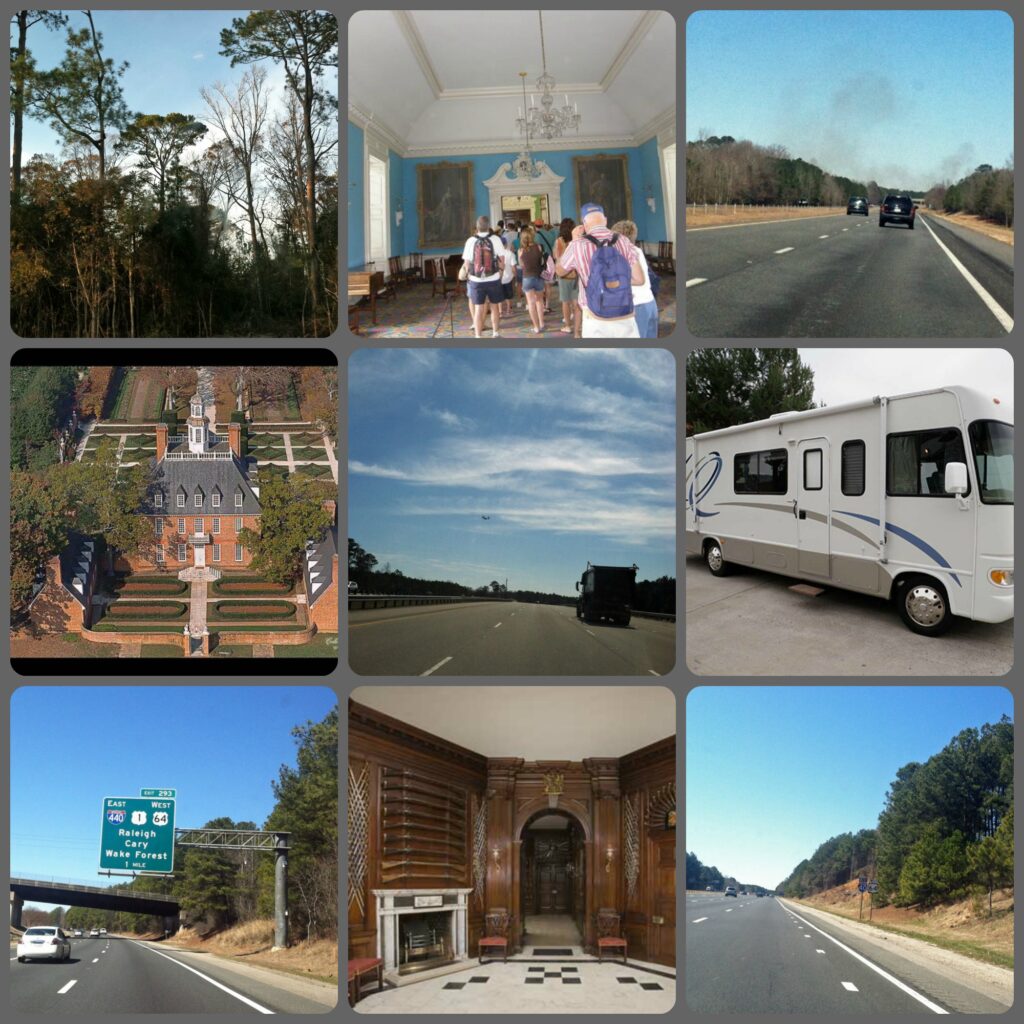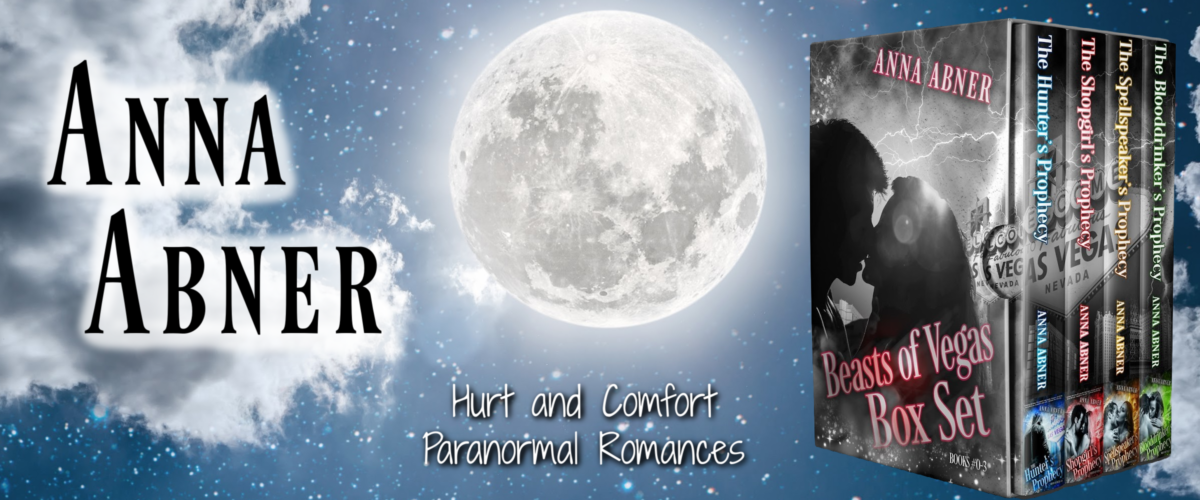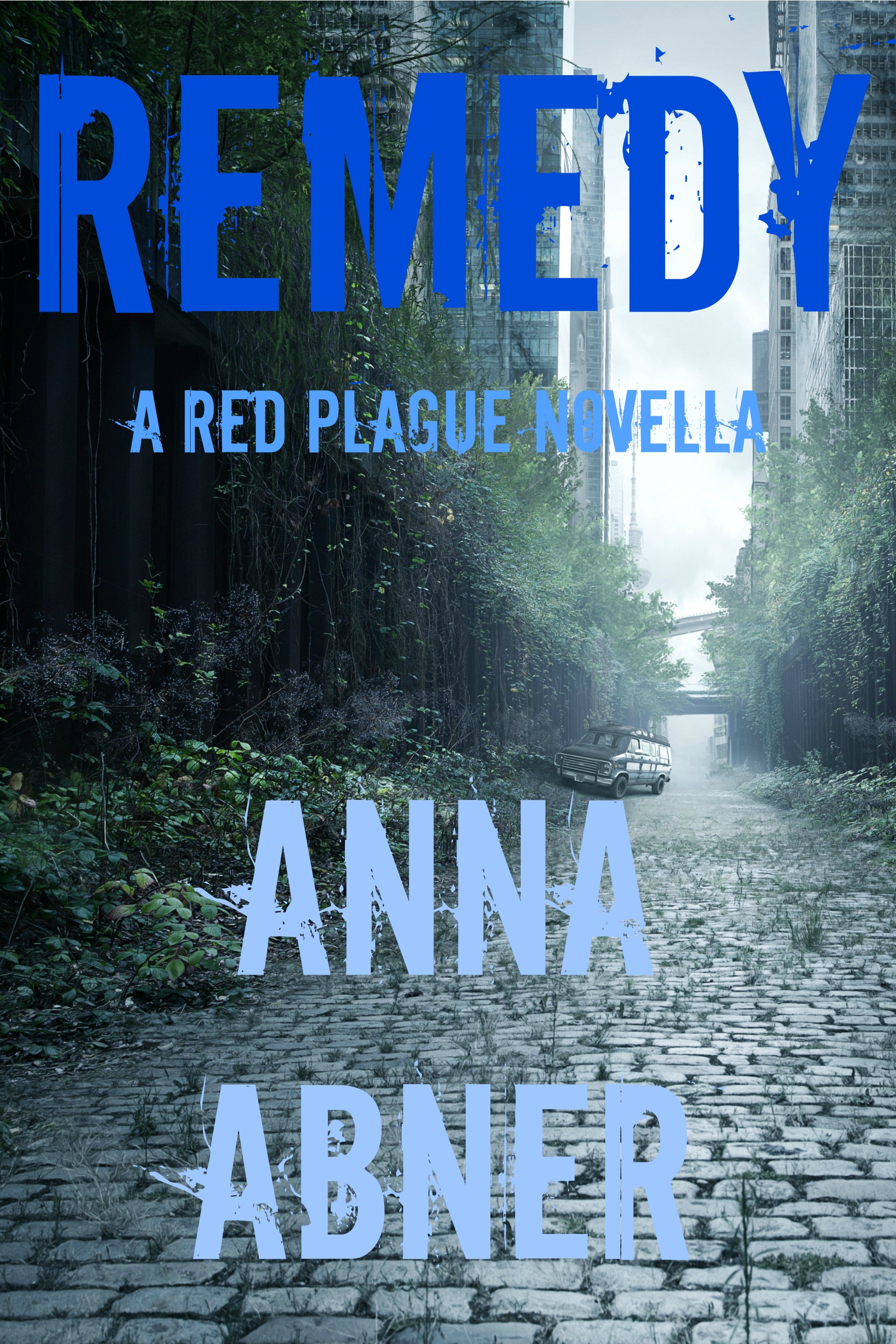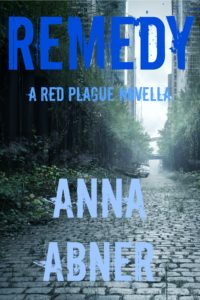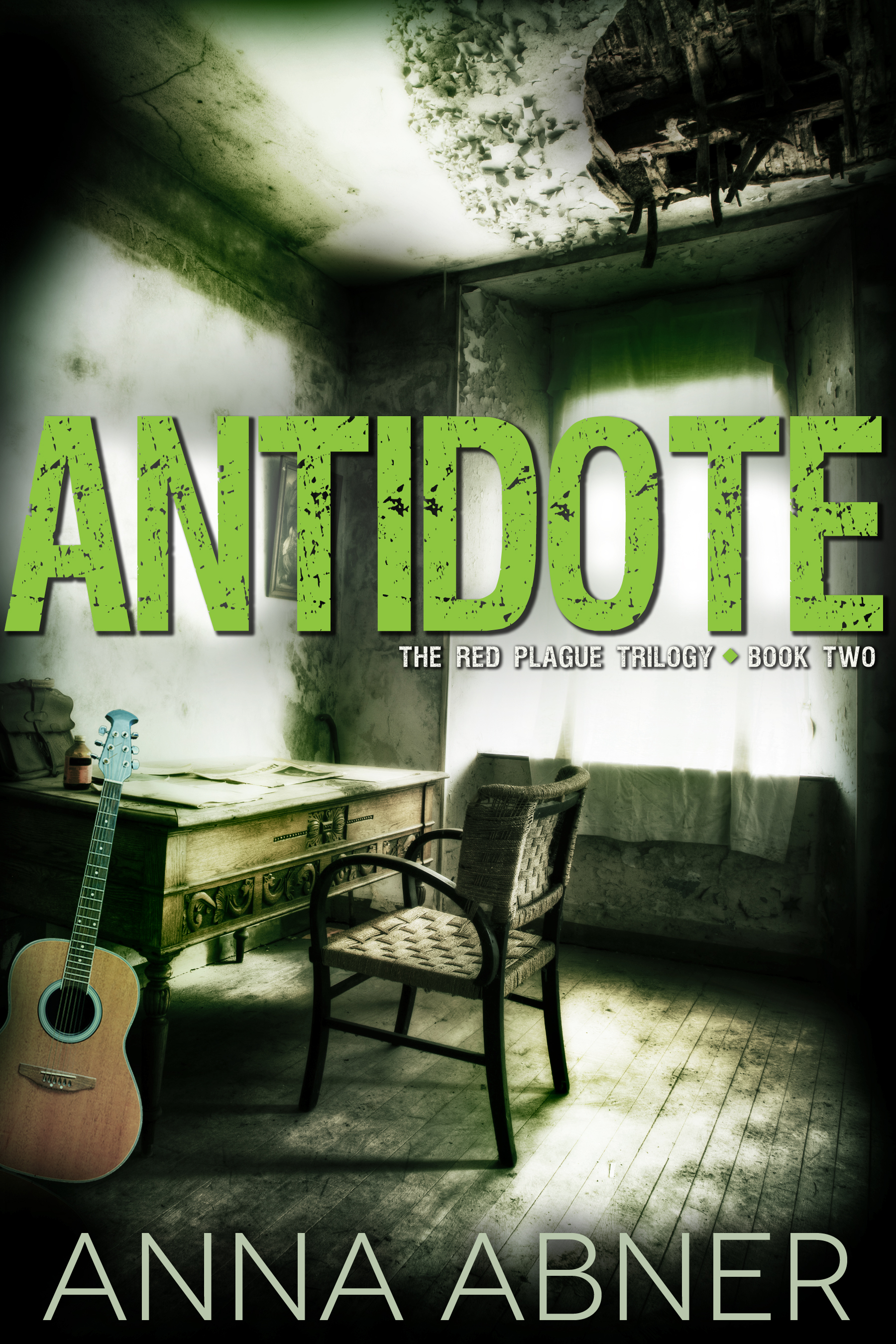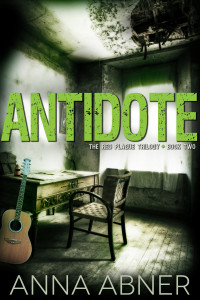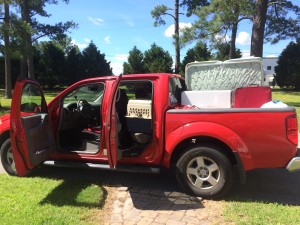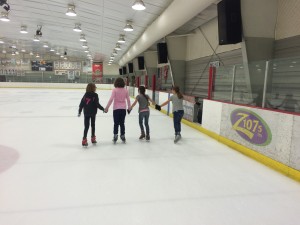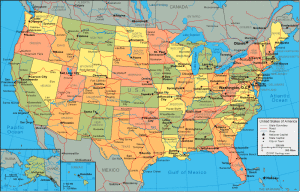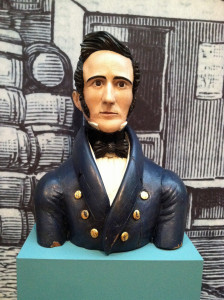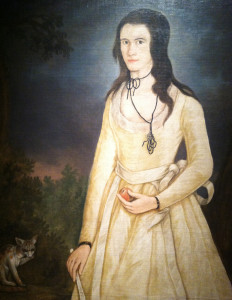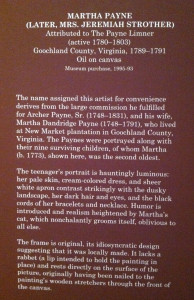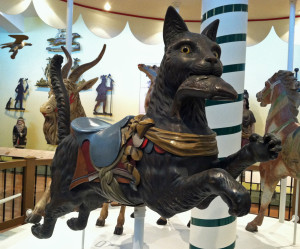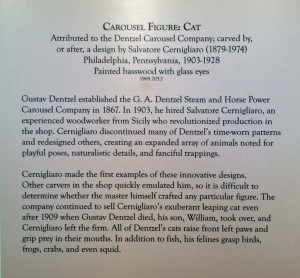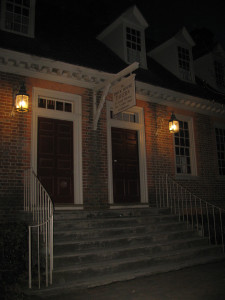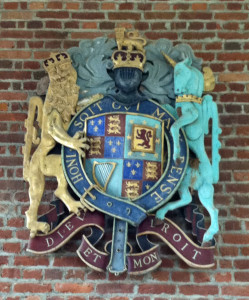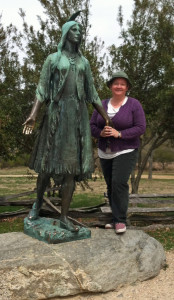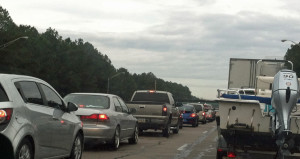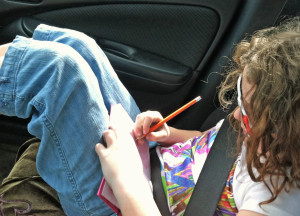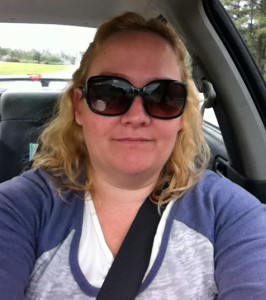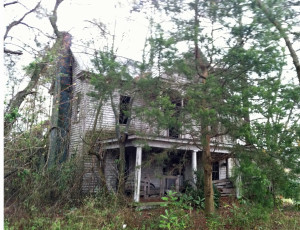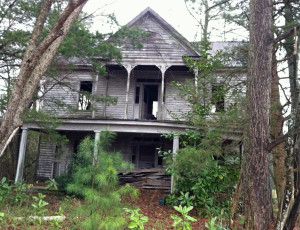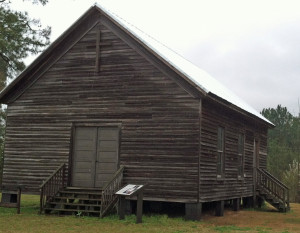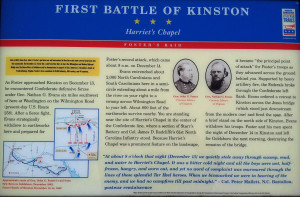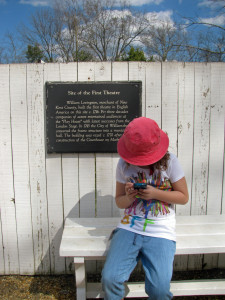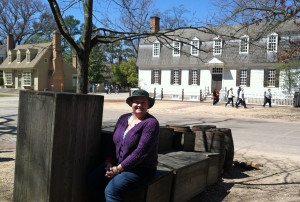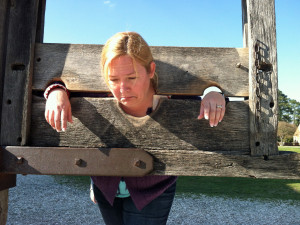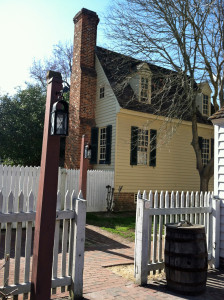Enjoy this free sneak peek of Antidote’s 1st chapter!
Copyright 2014 by Anna Abner
Back Cover Blurb:
The red plague has devastated the human race, turning billions of people into zombies with red eyes and an insatiable hunger for human flesh.
The only known cure to the 212R virus is locked inside of Ben Sawyer. To get it out, seventeen-year-old Maya Solomon and a group of survivors will take him on a journey to what may be the last bastion of human civilization, Camp Carson, Virginia.
Chapter One
“Maya!” Pollard made a hard right, the RV bounced over a median, and I held Ben even tighter. “He’s a zombie. Back off.”
“He injected the cure,” I argued. “He’s not a zombie anymore.”
“You don’t know that!”
“He said my name,” I stated, still rocked by the memory of my name on his lips. I’d never heard a red-eyed infected person speak. No one had.
I felt the pulse at his throat and was rewarded with a strong thrumming against the pads of my fingers. Like plucking a bass guitar. His forehead, gritty beneath my palm, radiated heat. The fever had come on fast.
“Do we have Tylenol?” I called out. I didn’t even possess a proper first-aid kit. And there were so many other things that could go wrong.
“Not that I know of,” Pollard answered.
I wasn’t even sure if a fever was normal in a person infected with 212R, the zombie virus. Maybe he’d had one all along.
“I can do this.”
I had never done this. Over winter break I’d volunteered at St. Joseph’s Hospital to make my dad, the chemist with two medical degrees, happy. I had alternated between stocking supplies my manager re-organized after I went home—which was awful—and trailing actual nurses as they did their work—which was awesome. One LPN used to narrate every single thing she did, from inserting IVs to checking blood pressures.
But none of it had prepared me for this.
“Where are we going?” I asked. If we found a hospital or a clinic I might be able to scrounge medical supplies.
“Away from this nightmare,” Pollard said.
Away from the flaming remains of my dad’s CDC lab. Away from anything he’d made or left behind. All that was left of his work coursed through Ben’s veins and nowhere else.
As gently as possible, I unbuttoned the top two buttons on his shirt and peeled the dark navy fabric away from his skin to inspect the gunshot wound. A dime-sized hole, surrounded by angry swollen flesh, stared back at me.
I replaced his shirt and something like rough paper in his breast pocket, the one over his heart, stalled my fingers.
I pulled out a wallet-sized school photo and immediately dropped it.
“Crap.” Fumbling, I picked it up off the RV’s dirty linoleum floor and stared into my own face.
Mine.
To be certain, I flipped it over and my narrow, jagged signature adorned the back. Last Christmas I’d mailed the photo inside a care package to my brother Mason. It had been addressed to the Dogwood Juvenile Detention Center in Raleigh, North Carolina.
But if I’d mailed it to Mason, how had it ended up in Ben’s shirt?
“Hang on to something,” Pollard called.
I stuffed the pic into my pocket. If Pollard or Hunny asked questions about it, I had no answers, yet.
I tested Ben’s pulse again, this time the one at his wrist, just to be sure it still beat. But my touch jumpstarted a chain reaction. His fingers twitched, and then the tremors spread to his arms and legs.
“Oh, no,” I cried out. His legs spasmed and his head knocked against my belly and thighs. Hard. “Ben? Can you hear me?”
Fear twisted my insides into origami as I held him through full body convulsions. Finally, his muscles quieted. I checked and re-checked his pulse.
“What’s wrong?” Pollard shouted.
“The medicine made him sick.” Understatement. More likely, it had poisoned him and his internal organs were failing.
“You’re not going to die,” I whispered as his seizure faded to a few quivers in his hands. Not with my father’s only remaining elixir in his blood. “I’ll take care of you.” Whatever he needed. A bath. Decent clothes. Soft blankets and a pillow. How long had it been since he’d slept on a pillow? If he needed medicine, I’d find it.
I wanted to take care of him. Because with my father’s antiserum in his veins, he felt a whole lot like family.
And I didn’t have much family left. My gaze wandered across the interior of the RV from Hunny’s blonde ringlets to the back of Pollard’s head.
Pollard cursed loudly, clipping the rear end of a compact car and sending it spinning away. The RV swayed to the left and I knocked into the mini fridge.
“I noticed the neighborhoods are less crowded than the highways,” he said.
On our two-day trip into downtown Raleigh, we’d stuck to major thoroughfares and been slowed down at every turn. Nothing but streets bottlenecked with abandoned vehicles, packs of red zombies, and overzealous snipers. I glanced down at Ben’s dirty face. He’d be a major hindrance if we were forced to change vehicles, or worse, walk part of the way back to the truck stop.
“Get the map out,” Pollard said. “Please?”
He swerved around debris, and it felt like the RV went up on two wheels for a moment, sending my stomach into a tailspin.
“Hunny,” I called. “It’s in my backpack.” I was afraid to move. Afraid to jostle Ben, even a little bit, and maybe hurt him.
I shifted, positioning his head on my lap, and cupped the side of his face. To keep him still. To reassure myself he was still breathing.
The little girl, ringlets bouncing, leapt over the unconscious Red and rifled through my pack.
“Here,” she said, returning to the front of the RV and handing the paper to Pollard.
“Spread it out,” he said. “I’m not stopping this thing. Not for a single minute. It’s too crazy out there.” To prove his point, he waved at something on the other side of the extra-tall windshield. “You see that pack of zombies? Must be twenty-five of them.” As we passed the pack by bouncing onto the sidewalk, Pollard checked the side mirrors. “And now they’re running after us.” He caught my eye over his shoulder. “We’re gonna get out of here,” he said, his usually pretty blue eyes steely with resolve. “I promise you.”
With the map unfolded and laid out on the dash, he pointed at different sites. “We’re about here.” He glanced up and turned the wheel to avoid a decorative brick wall around someone’s front yard. “We’re going west through the suburbs,” he announced, nodding as if convincing himself as well as us. “Then we’ll turn south and come up on the truck stop from the back.”
“It took two days to get here the first time,” I reminded him.
“It’s not going to take that long.” He smiled reassuringly at me in the rearview mirror. “On a good day I can drive there in twenty minutes. So…”
But since 212R had ravaged the human race, changing over ninety-nine percent of us into flesh-eating monsters, time seemed to pass differently. What had once taken a few minutes now took hours when you factored in the loss of electricity and scavenging for gas and hiding from Reds.
“Just hurry,” I added unnecessarily. “We need a safe place to stop and regroup.” To process the sight of my dad’s empty and looted lab. Or the fire. Or Ben’s injecting what I hoped was the antiserum. Or his saying my name.
Pollard was right. As soon as he passed through the heart of the city, there were fewer parked vehicles, less random debris, fewer Reds. He rolled over streets, driveways, access lanes, and sometimes even sidewalks and front lawns to keep us moving in the right direction.
“Maya?” Hunny climbed out of the passenger seat and stepped tentatively down the narrow walkway between the gas range and the dining table. “I saw snacks in your pack. Can I have some?”
I couldn’t remember what was in there. “Of course.” Then I recalled another helpful item I’d collected along the way. “And grab the baby wipes, will you?”
But she crept as far as Ben’s boot and then hesitated. “What’s wrong with him?”
I wiggled a little, changing positions, but kept his head in my lap. He didn’t react, just continued sleeping against me. “He injected the antiserum to 212R.” At least I hoped it was the antiserum. If it wasn’t, he may have ruined everything by injecting himself with poison.
Hunny scrunched her nose. “What?”
“He took the cure,” I said. “But probably the wrong dose. It’s making him sick.”
Her green eyes traveled up his body from his dirt-caked black boots over his stained blue work clothes to his blood-splattered face. “Are you going to be a zombie now? Because you touched him?”
“No,” I said quickly. “If I haven’t been infected yet, I probably won’t be. Besides,” I added, nodding at the back of Pollard’s head, “he thinks we’re immune.”
“It’s just a theory,” he said, proving he was eavesdropping. “It doesn’t mean you should touch him, Maya.”
“I think it’s a good theory.” It made sense to me. No matter how catastrophic a virus was, there was always a fraction of the population naturally immune.
“What are you going to do with him?” Hunny asked. She nudged his boot with the toe of her tennis shoe and Ben’s leg wobbled, but he didn’t wake up.
“Easy,” I warned. He was a human being, not a toy. “I’m not going to do anything with him. He’ll wake up,” I hope, “and we’ll find out if the antiserum worked.”
She bobbed her head, but I sensed she had something else to say. Finally, she whispered low enough Pollard couldn’t hear, “Maya, I took something.”
My guts clenched. “What did you take?” And from where?
“I’m sorry,” she said in a rush. “I know you told me not to, but it was just sitting there, and it was so cute and little.”
“What did you take?” I pressed. We’d been in a lab where hazardous chemicals were stored. “It could be dangerous.”
“No, it’s not.” She pulled a silver rectangle from her pocket and offered it to me. “Here. Look. It was on your dad’s desk.”
The moment it landed in my palm I knew what it was. Immediately, like turning a faucet, I teared up.
“It’s me and my brother when we were little.”
I opened the small, hinged frame and stared at a pair of black and white portraits, cropped to show just the faces and nothing else. At two, when the pictures had been taken, we’d looked so similar. We both had wispy black hair. The same brown eyes. Only our smiles were different. Mine was smaller, more hesitant. Mason grinned whole-heartedly, showing off tiny baby teeth.
“This is me.” I touched the glass over my pale face, and then my twin brother’s. “This is Mason.”
So much had gone wrong since we’d taken the photos, but in the snapshots we were still young and sweet and the future seemed bright. Maybe that’s why Dad kept it on his desk, even after Mason was incarcerated. Maybe he’d liked to remember his kids before the darkness descended.
I thought of the picture tucked into my pocket. Is that why Ben liked it? Did my face somehow remind him of his life before the plague?
“I’m sorry,” Hunny said again.
I closed the frame and returned it to her. “It’s okay. I’m glad you took it.”
“You should have it.” She tried to give it back. “It’s yours.”
“No.” I shook my head. It hurt too much to look at. “Keep it. You can give it back to me later when you’re done with it.”
She wedged it into her pocket and unzipped my backpack. “Here.” She handed me the wipes and then returned to the passenger’s seat with a box of yogurt-covered raisins.
I scrubbed vigorously at my hands with a moist towelette, rubbing between my fingers and up both wrists. I repeated the process with a second cloth, removing layers of blood, dirt, and grime. No matter how hard I washed, though, I couldn’t remove every mark I’d gathered since the red plague exploded out of South America and then the world. Maybe I’d never be completely clean.
There was so much blood caked on Ben’s hands they looked black, but up his left arm was a fine misting of white paint. Evidence it had been him who’d written me a message on asphalt, and no one else. Proof he was different than most Reds. I reached to clean it off when the RV hit something so big I was weightless for an instant.
“Ladies?” Pollard announced, spinning the giant steering wheel. “We’re almost there.”
Buy the full novel on Amazon now.
Like Cheap Books? Sign Up For My Monthly Newsletter Today.
<3 Anna


